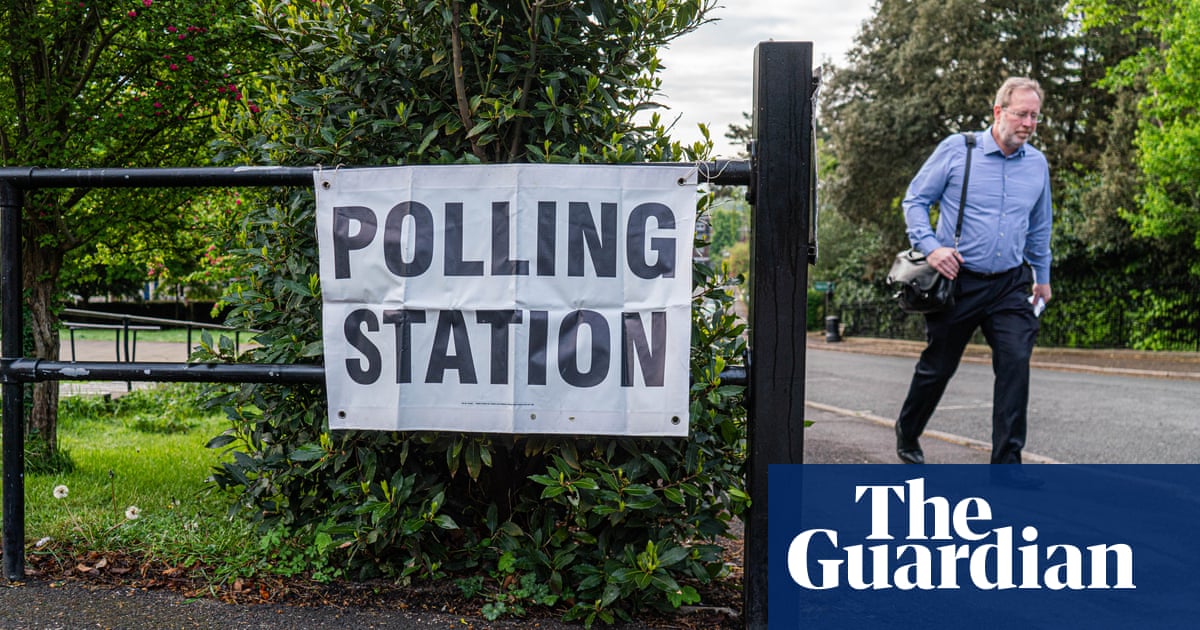I used to equate a packed calendar with a full life. My days were booked up, well ahead of time, for dinners out, pub quizzes, exercise classes, trips to the cinema – activities that I knew to be beneficial or rewarding.
I had been determined to make work less central to my life: I couldn’t burn out when I had so much else going on, I reasoned. But when the time came to follow through on my plans, I tended to find that I had been overly optimistic – not only about how much it was possible to squeeze into a day, but also about my enthusiasm to do so.
As my mood and energy levels continued to deteriorate, social occasions increasingly felt like another obligation – something I had to do, rather than something I wanted to do. Arriving to have dinner with friends became akin to a work meeting; they registered the same in my calendar.
It eventually dawned on me that the act of scheduling far in advance was robbing me of the opportunity to enjoy myself. I had made these plans from a hypothetical standpoint, without allowing for the very real possibility that I would be tired, stressed or just not in the mood.
Of course, this meant I wasn’t the best company, either. Rushing from one commitment to the next meant I often arrived flustered, distracted and late. Invariably, I would also leave prematurely, so as to keep to my tight schedule.
Moving to Norwich helped me break this habit. In London, most of my friends had a calendar that was just as full as mine; often, our only chance of seeing each other meant agreeing on a date three weeks or more in advance. In Norwich, nearly everyone I know lives within a half-hour walk of me, with plenty of wonderful cafes, pubs and restaurants in between.
Within months of moving, I rediscovered the joy of spontaneity. My days were necessarily emptier, because I had fewer local friends. In the peace and quiet, I came to better understand how I truly liked to spend my time – and it was a lot more free-flowing than I had assumed.
I was surprised by how much I benefited from spending more time alone. I found myself having bright ideas and interesting thoughts that I suspect would have eluded me had I carried on at breakneck pace. Then, as a result of that new spaciousness, I started to attune to my desires – what I wanted to do in any given moment.
My newly cleared schedule meant that, if I finished work for the day and I felt like seeing a film or going for a pint, I could. The act of registering and acting on those impulses only made them more assertive. I started to understand what all those self-help books meant about being your “authentic self”.
after newsletter promotion
My packed schedule had made me feel like a dog being jerked around on a lead, never allowed to stop and smell the flowers. Making fewer plans and giving myself more “free” time actually made my days feel fuller. Now, if I run into a friend on the street, I stop and chat, or even tag along on their errands. I have also made a few new friends, just by virtue of slowing down. You would be surprised by how many faces become familiar when you are not always rushing somewhere else.
In some ways, moving out of London also made me a better friend to those I left behind. I may not see them as often as I did when we lived in the same city, but even from afar I think I am more attentive and attuned to what they are going through, because I have the time, energy and mental headspace to be so. And when we do make plans – for me to visit London, or for them to come to Norwich – that is often the only plan we make: to spend time together and just enjoy it.

.png) 3 months ago
32
3 months ago
32













































